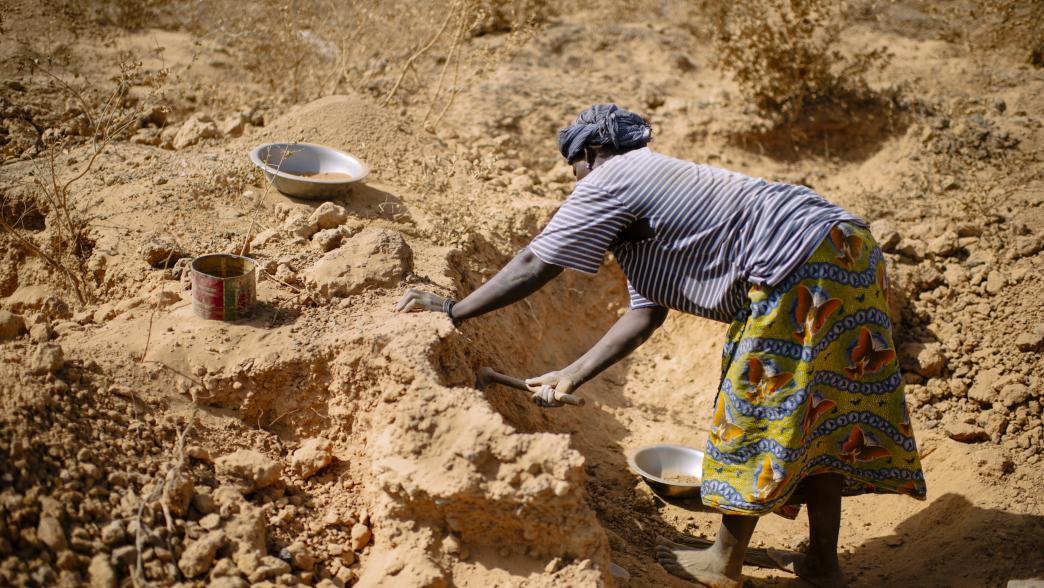
Primer: Gender and Extractives
This primer outlines the importance of gender transformative policy reforms in the extractive sector and provides guidance for incorporating these priorities into the cocreation process of the Open Government Partnership (OGP) action plan. It is intended for both government officials and civil society organizations engaging in the OGP. Stakeholders might also find it helpful when seeking to build support for these approaches in their domestic context.
The primer was developed by the World Resources Institute and the Natural Resource Governance Institute as part of a project funded by the World Bank through the OGP Multi-Donor Trust Fund. It aims to promote women’s rights and gender equality within extractive governance and to increase the number and impact of gender transformative OGP commitments concerning natural resources.
Key messages
- Transparency, accountability and inclusive participation must be at the core of every strategy to ensure just and sustainable natural resource governance and mitigate the negative impacts on women.
- OGP government Points Of Contact, civil society leaders, and other gender and extractive advocates can take a number of steps to strengthen equal opportunities in natural resources governance, and thus increase the quantity and quality of gender transformative commitments.
- By integrating the OGP process with ongoing extractives and gender initiatives both at home and internationally, governments can build political momentum, buttress the legitimacy of national and local plans, and strengthen the performance of extractive industry governance to address gender inequality, as well as concerns of, and opportunities for, marginalized gender groups and nonbinary people.
